Keywords: Criminal Justice
There are more than 200 results, only the first 200 are displayed here.
-

AUSTRALIA
- Paul Cutler
- 07 March 2022
5 Comments
Most people would agree that the government should have the power to cancel the visas of, and deport, non-citizens who are serious or dangerous criminals. Nobody wants to be the victim of a crime or to live in an unsafe society. We have enough criminals without keeping additional ones.
READ MORE 
-
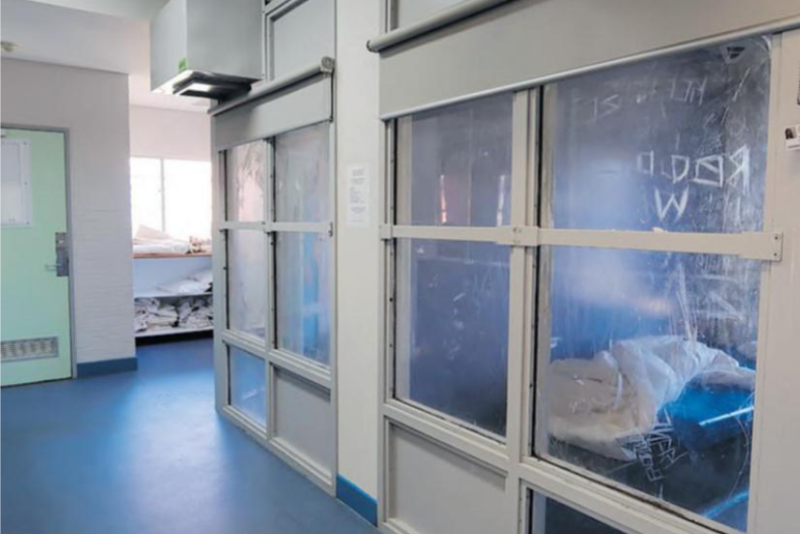
AUSTRALIA
- Julian Butler
- 22 February 2022
5 Comments
Having previously spent time as lawyer working predominantly in the Children’s Court of Victoria, there isn’t too much about the State’s treatment of young people that shocks me. That is, until a few weeks ago when I was drawn to the final item of The Weekend Australian’s editorial column. Under the heading, ‘Hurt boy’s inhuman treatment’, was set out the details of a 15-year-old West Australian boy who had been ‘locked alone in a glass-walled observation cell of a juvenile detention centre in the southern suburbs of Perth for 79 days.’
READ MORE 
-
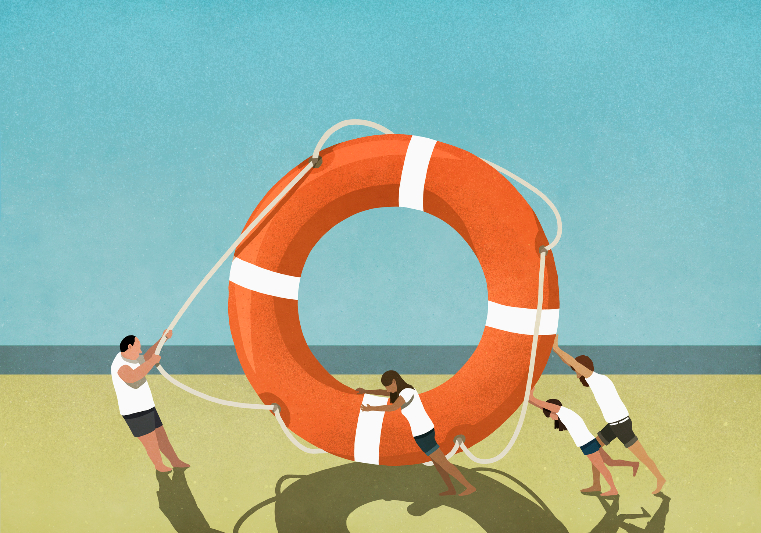
AUSTRALIA
- Greg Craven
- 25 January 2022
53 Comments
One reasonably could ask whether this is the moment to write a book about the potential of Catholic Social Theory to contribute to Australian politics and policy. After all, the Church is still struggling to come to terms with decades of child abuse, hardly a recommendation for social potential. We currently also are attempting to make sense of a Plenary that is both confused and confusing.
READ MORE 
-
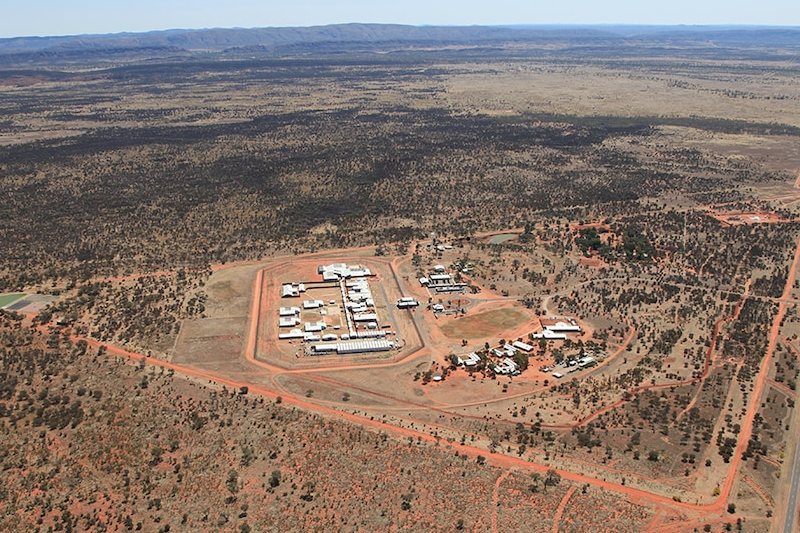
AUSTRALIA
- Julie Edwards
- 18 January 2022
2 Comments
The images are simultaneously striking and terrifying. A raging grassfire that is shooting flames into the sky and destroying nature around it and lapping perilously close to the fences around Central NSW’s Lithgow Correctional Centre. As local residents were evacuated and highways were closed to protect public safety when the fire raged out of control just before Christmas in 2019, 400 prisoners remained detained.
READ MORE 
-
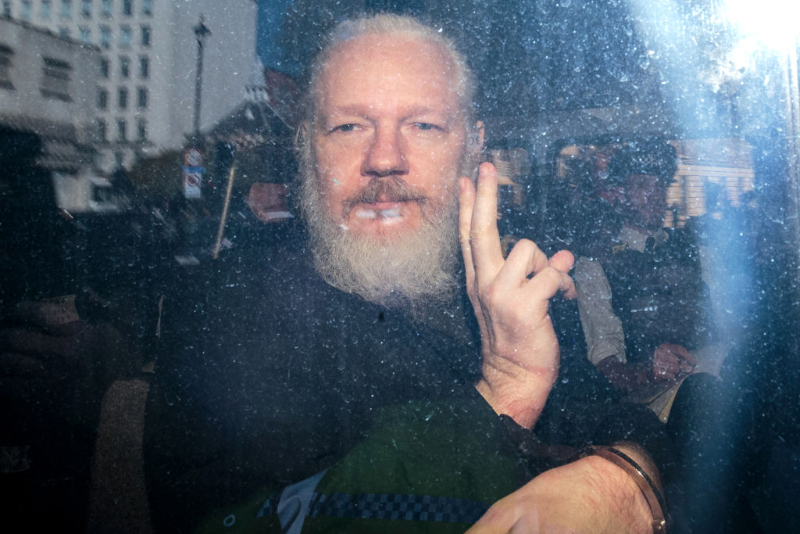
INTERNATIONAL
- Binoy Kampmark
- 16 December 2021
18 Comments
The legal pursuit of Assange is disturbingly unique not only for using an archaic law against a non-US national; it is also the first instance of an international application of it against a publisher. The law, if applied in the way suggested by the charges, criminalise the receipt, dissemination and publication of national security information, irrespective of motive. If the US Espionage Act 1917 were applied in this way, it would appear to subvert the free press provision in the United States Constitution.
READ MORE 
-
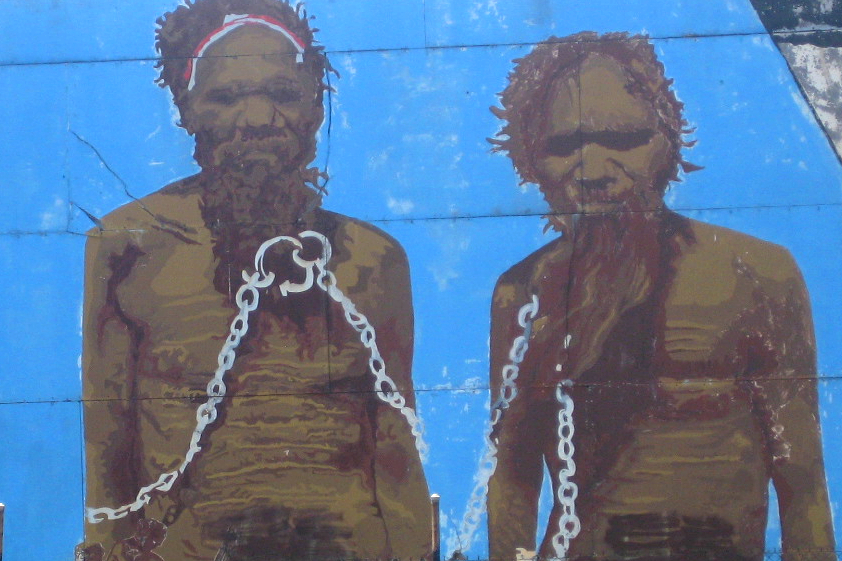
AUSTRALIA
- Brian McCoy
- 14 December 2021
15 Comments
I don’t write to State Premiers very often. However, a month ago I did. It was to the Western Australian Premier, Mark McGowan. It was not about Test cricket, the Juukan Gorge or opening the state’s borders. It was in relation to a photo on the front page of The Australian on the weekend of the 6/7 November showing an Aboriginal man in Western Australia boarding a plane under arrest. He was barefooted and with both a wrist and ankle chain.
READ MORE 
-
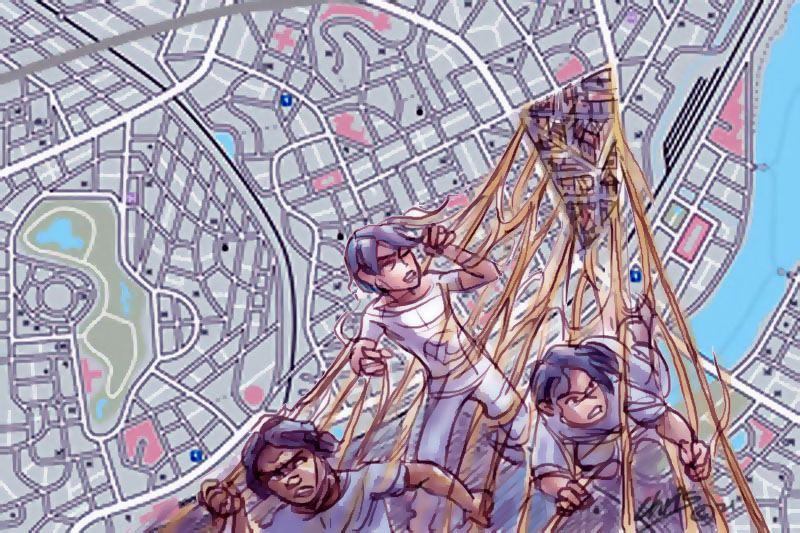
AUSTRALIA
- Ross Homel
- 09 December 2021
2 Comments
A small minority of localities situated outside Greater Brisbane suffer from disproportionately high rates of a wide array of problems including low income, overcrowding, long-term unemployment, particulate matter in the air, no internet, child maltreatment, and youth crime. These different strands of disadvantage pile-up and interlock, countering attempts to break free.
READ MORE 
-
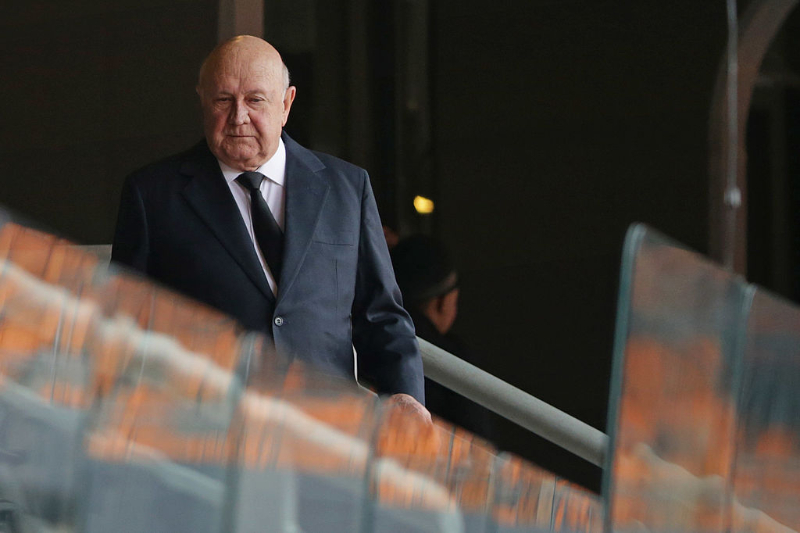
INTERNATIONAL
- Binoy Kampmark
- 23 November 2021
51 Comments
The passing of South Africa’s last apartheid president, FW de Klerk, raises pressing questions about a complex historical character who, according to his brother, Willem de Klerk, slowly outgrew apartheid. In a critical sense, he was bound, understandably, by both time and context: race, the need to defend a racial hierarchy, the historical role of a segregationist system that saw his all-white National Party retain power for decades.
READ MORE 
-

AUSTRALIA
- Stephen Lawrence
- 16 November 2021
3 Comments
A truth that virtually dares not speak its name is that the spread of Covid 19 into regional New South Wales was largely a product of the illicit drug trade. Understanding why and how this occurred points in the direction of much needed social policy.
READ MORE 
-
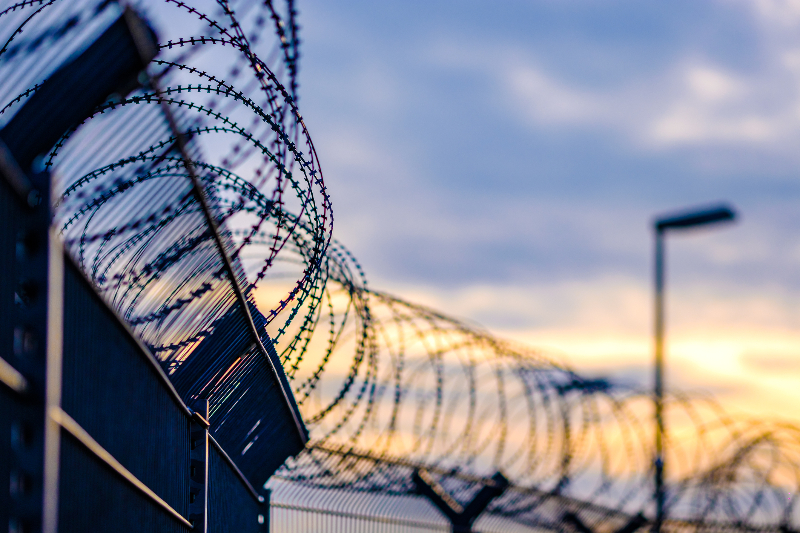
AUSTRALIA
- Andrew Hamilton
- 28 July 2021
9 Comments
The tidal movement from treating children as persons each with their own dignity, and worthy of respect and of encouragement to a good future, to treating them as adult and incorrigible criminals worthy only of punishment is both irrational and injurious of society as well as of the children themselves. Yet it is deeply rooted in the mindset of all Australian Governments.
READ MORE 
-
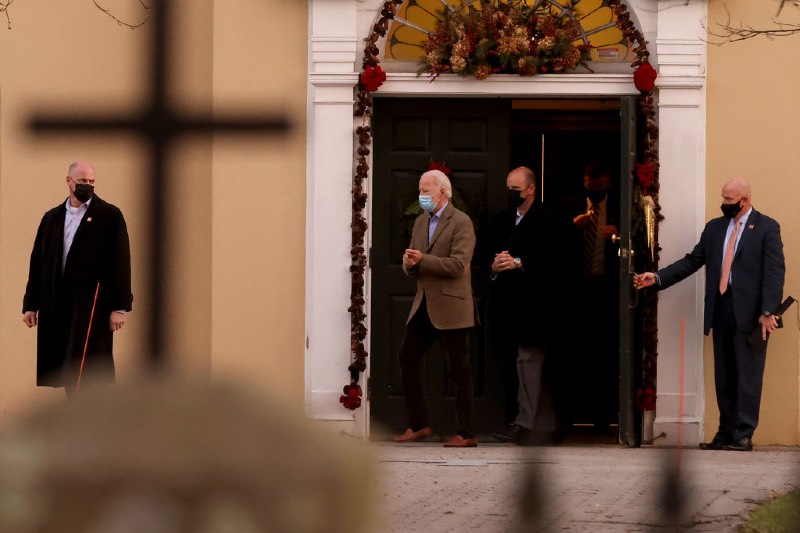
RELIGION
- Chris Middleton
- 01 July 2021
87 Comments
The debate among American bishops around whether President Biden and other Catholic politicians should be denied Holy Communion because of their policies on abortion is an important and unsettling one. Let me say I think it would be a tragedy if the bishops were to venture down this path.
READ MORE 
-
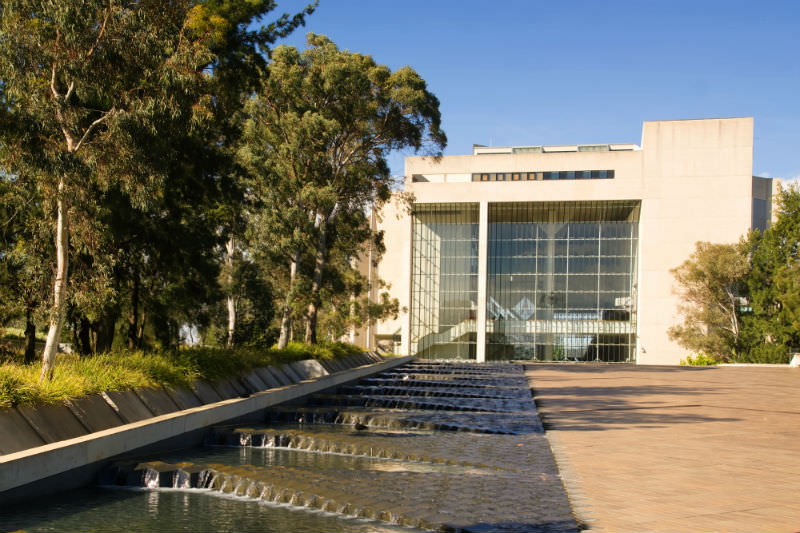
AUSTRALIA
- Frank Brennan
- 24 June 2021
11 Comments
Who’d have thought that during Refugee Week, Australia’s highest court would endorse the Parliament’s view that our non-refoulement obligations under the Refugee Convention and the Convention Against Torture were now an irrelevance.
READ MORE 